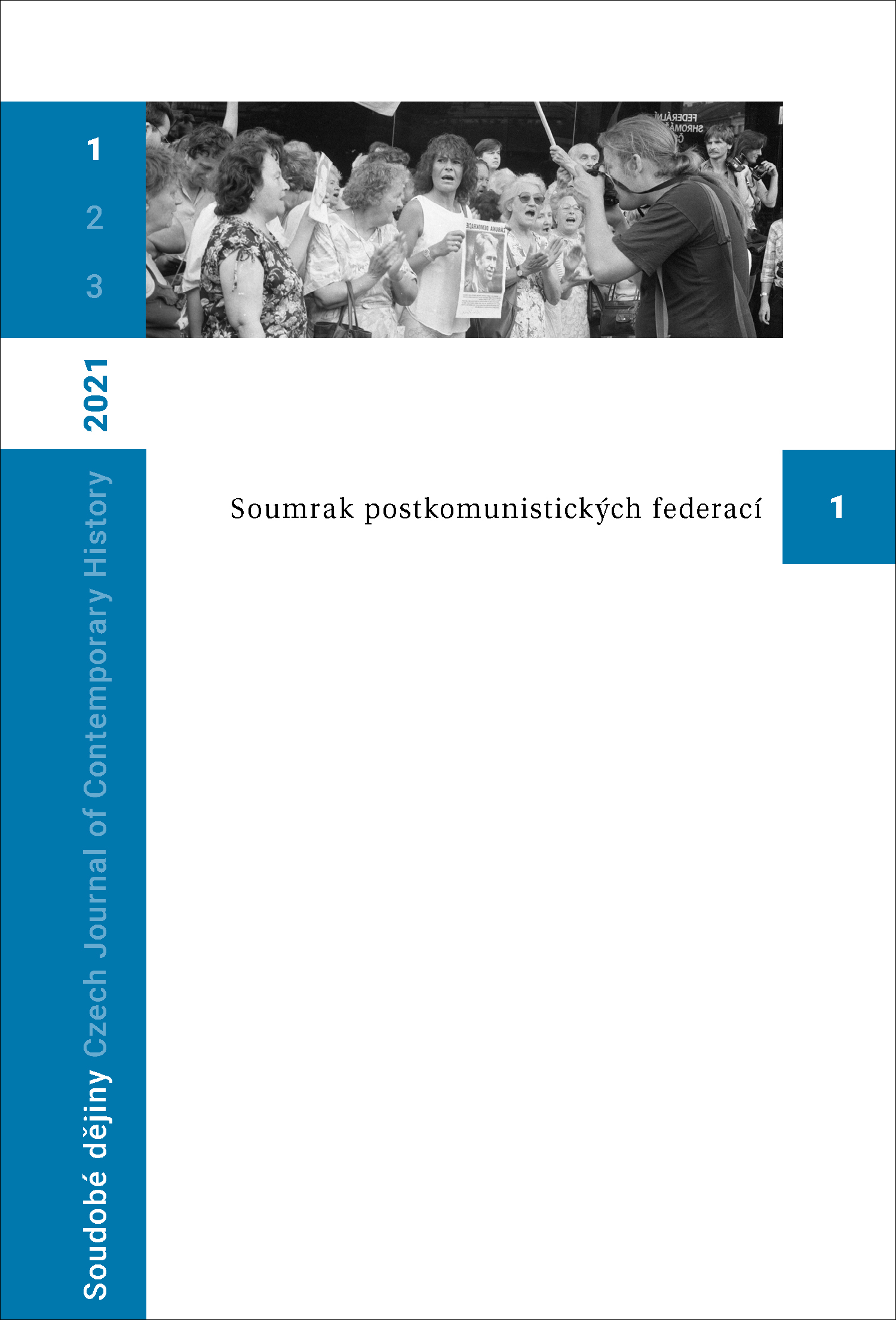Ze země, kde zítra již znamenalo včera
From the Land where Tomorrow Already Means Yesterday
Fučík's Articles as a Tribute to the Soviet Experiment
Author(s): Bohumil MelicharSubject(s): History, Language and Literature Studies, Cultural history, History of ideas, Political history, Czech Literature, History of Communism
Published by: AV ČR - Akademie věd České republiky - Ústav pro soudobé dějiny
Keywords: Czechoslovakia;Soviet Union;Julius Fučík;communist movement;Stalinism;1st Czechoslovak Republic;reportages;travelogues;intellectuals;modernization;industrialization;epic;Promethean myth
Summary/Abstract: The object of interest of the study are articles of the Communist journalist, literary critic and publicist Julius Fučík, which were written during his stays in the Soviet Union in 1930 and 1934 to 1936. The title of the study paraphrases the name of a selection of some of the texts published as "V zemi, kde zítra již znamená včera" [In the Land where Tomorrow Already Means Yesterday] (Prague, K. Borecký 1932), which became a “ubiquitous” propaganda slogan after the war. A few years after his death at the gallows in Berlin, Julius Fučík (1904–1943) turned into anicon of Czechoslovak Stalinist propaganda which was spreading his story as that of a paragon of a dedicated communist, with inexhaustible work and vital élan, and a determined fighter against Nazism. His cult, which was primarily targeting young people, was organized around a narration about his sacrifice, which Fučík wrote himself and smuggled out of prison on scraps of paper and which was published after the war in many countries as "Reportáž, psaná na oprátce" [Notes from the Gallows]. However, an important factor of this worshipping was also Fučík’s admiration of Stalin’s Soviet Union, which he was uncritically promoting even at a cost of official persecution. The author asks himself a question why it was travelogues written by Julius Fučík which, selected from a massive body of texts of various left-wing authors adoring the Soviet social experiment between the wars, were canonized after the war. Having analyzed them, the author infers that Fučík depicts the Soviet reality as a heroic age, born out of the Bolshevik revolution, continuing by enthusiastic building of socialism, and heading toward a happy future of humankind after the overthrowing of capitalism. In doing so, he stylizes his narrations as chapters of a heroic epos reliving the ancient Promethean myth. The role of the mystical hero is taken over by udarniks and that of the fire by nationalized production assets and technologies representing tools of a watershed civilization change. Its dynamism also creates a new global social spacetime, with borders of the Soviet state separating the future of humankind in the East from the human prehistory in the West. The author shows that Fučík was obviously writing his reportages with subversive intention, using a multitude of examples to illustrate the contrast between the rapid economic growth in the Soviet Union and the deep crisis in the West. Fučík’s convincingness is enhanced by his specific, vivid writing style and a clear narration framework applying principles of historical materialism about the alternation of socioeconomic formations to specific stories. Combined with Fučík’s loyalty to the current party line, participation in the resistance movement, and his martyr’s death, all of the above provided those formulating the post-war cultural policy with enough suitable material to create an unblemished communist hero.
Journal: Soudobé Dějiny
- Issue Year: XXVIII/2021
- Issue No: 1
- Page Range: 161-182
- Page Count: 22
- Language: Czech

